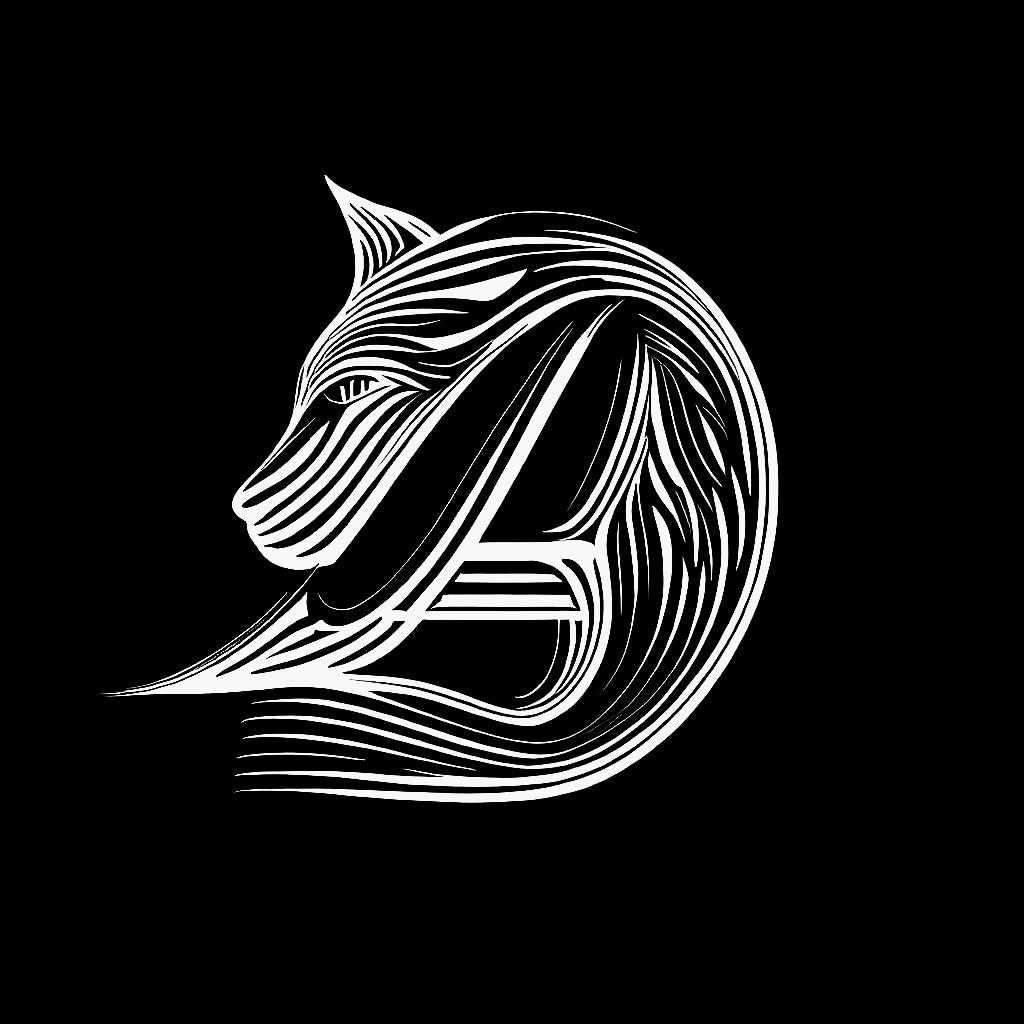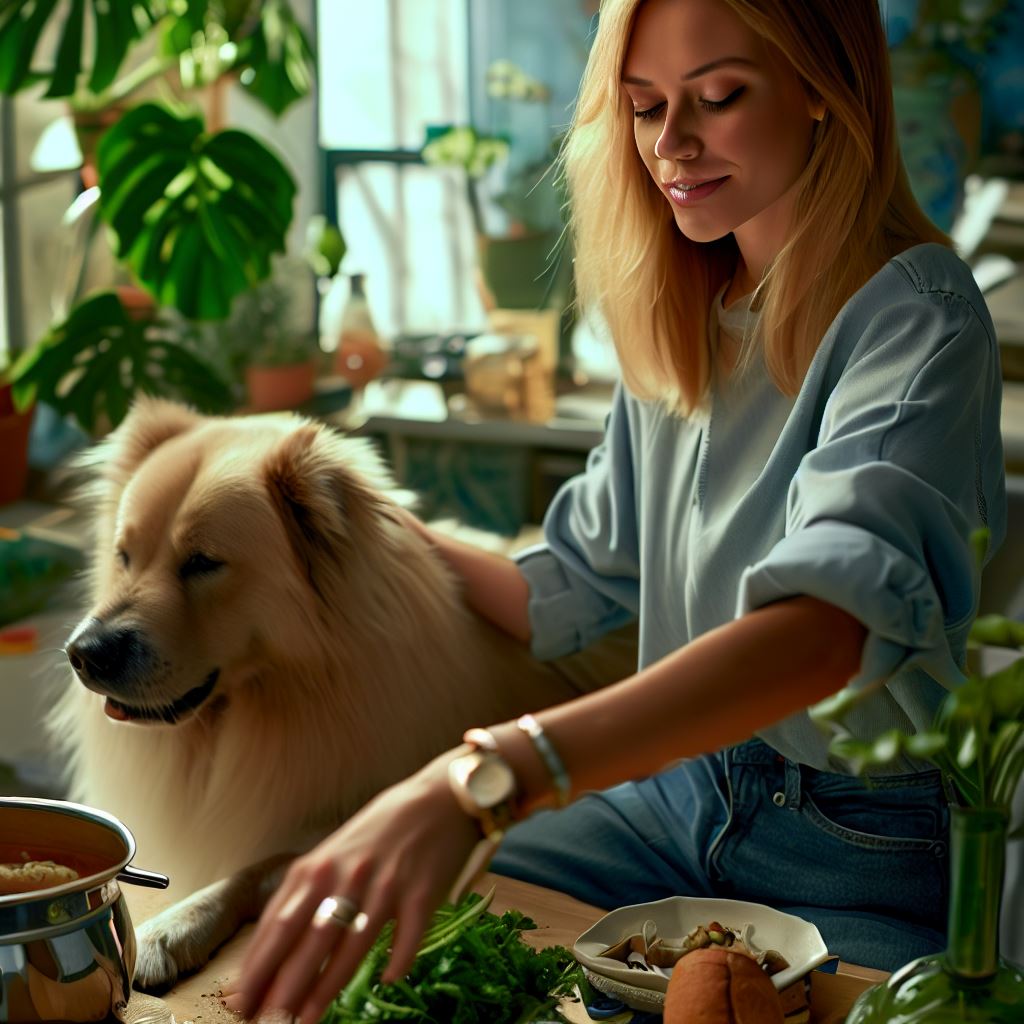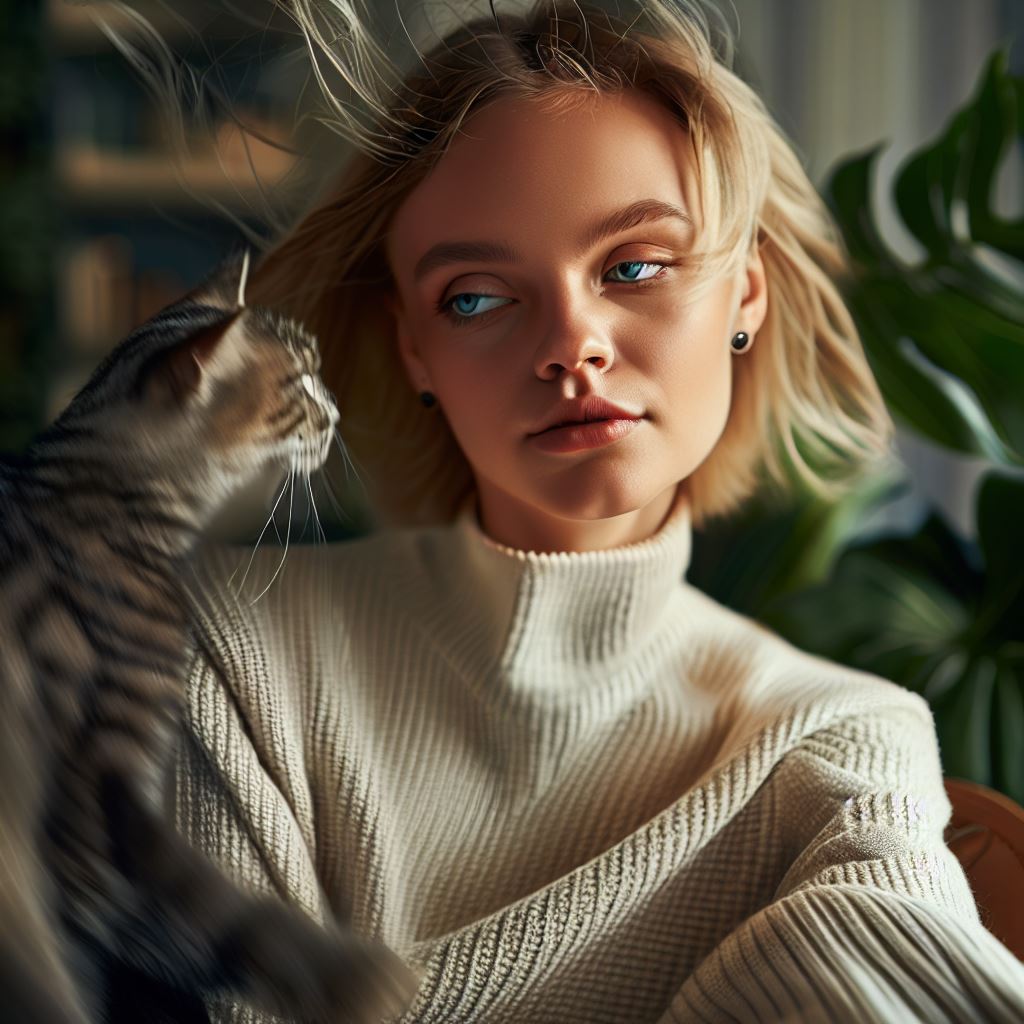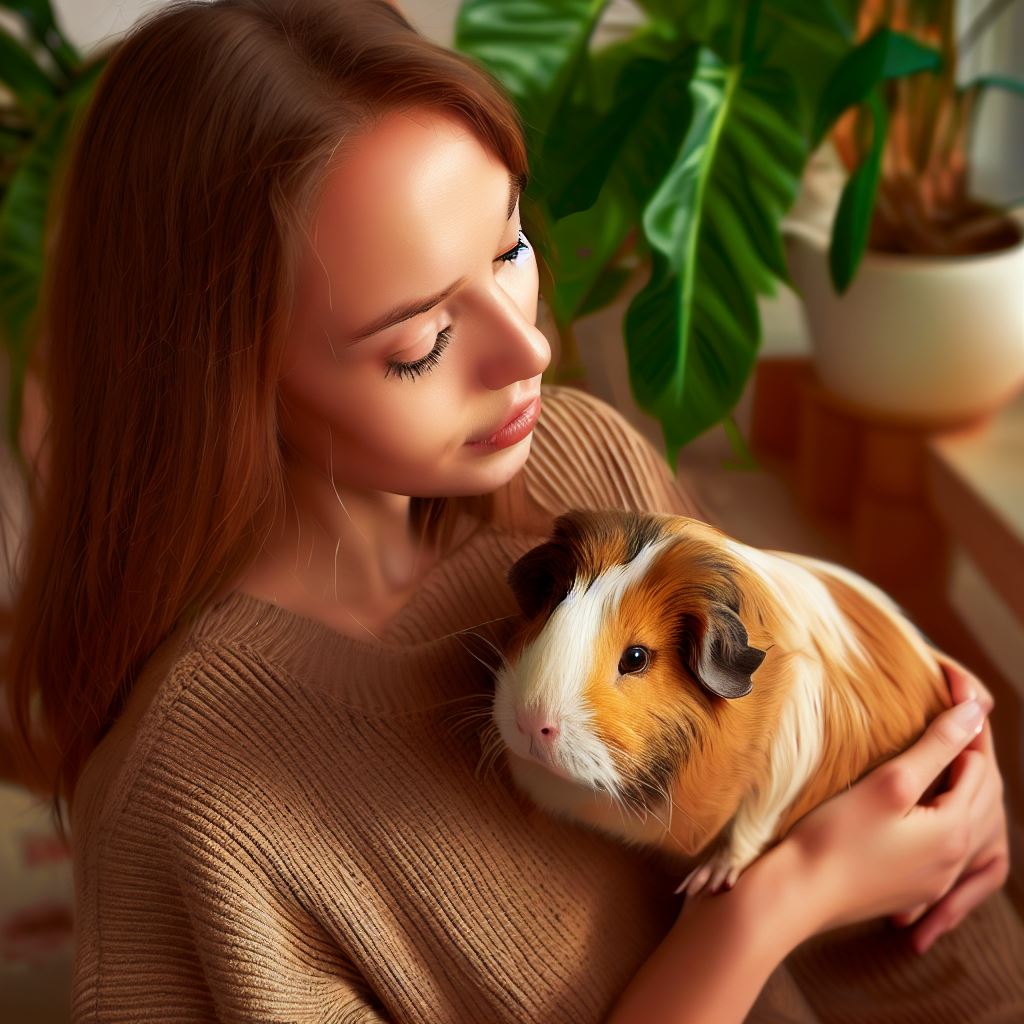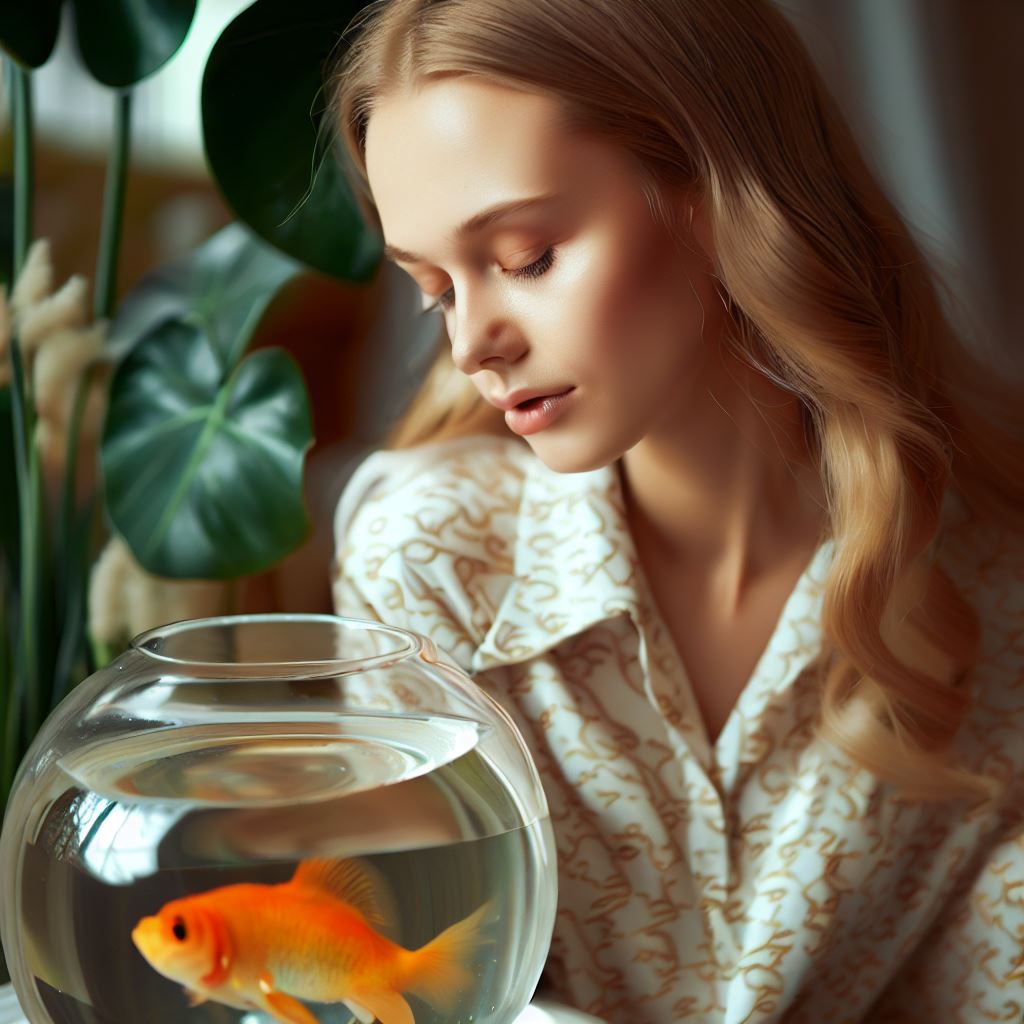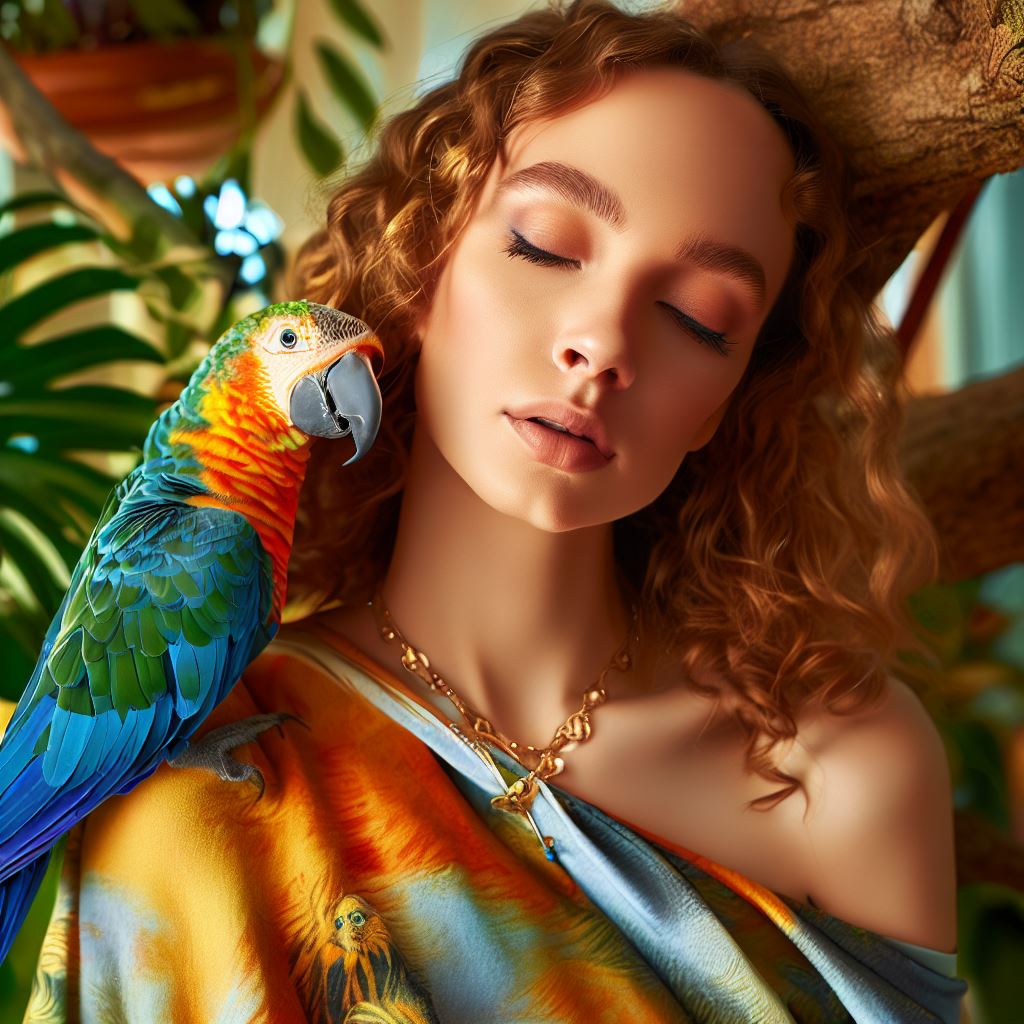Picture this: a bustling kitchen where aromatic herbs mingle with the sizzle of fresh fish, and vibrant veggies are prepped on the side. No, this isn’t the set of a gourmet cooking show. It’s a modern pet owner’s kitchen, where culinary adventures for our four-legged friends are taking center stage. As we strive for farm-to-table dining experiences for ourselves, why shouldn’t our pets indulge a little too?
Ah, the humble pet food bowl. At a first glance, it’s a simple vessel, often licked clean within minutes. But dig deeper and you’ll find it’s a world brimming with decisions, dilemmas, and most importantly, deliciousness. In the age of organic, gluten-free, and non-GMO for us bipedal beings, shouldn’t our four-legged family members get a taste of the good life too?
Ah, the perpetual dance with time—each tick of the clock is a step closer to wisdom for us and, unfortunately, aging for our beloved pets. You’ve seen it happen: Fido used to leap like a gazelle and now hesitates before hopping onto the couch. Whiskers, who once prowled the night, now seems content with a quiet window perch. Why do some animals seem to age more gracefully than others? The answer may lie in their genes, and scientists are on the prowl to decode this mystery. Let’s delve into the fascinating world where genetics meets aging, all in the realm of our favorite four-legged companions.
Ah, the perpetual dance with time—each tick of the clock is a step closer to wisdom for us and, unfortunately, aging for our beloved pets. You’ve seen it happen: Fido used to leap like a gazelle and now hesitates before hopping onto the couch. Whiskers, who once prowled the night, now seems content with a quiet window perch. Why do some animals seem to age more gracefully than others? The answer may lie in their genes, and scientists are on the prowl to decode this mystery. Let’s delve into the fascinating world where genetics meets aging, all in the realm of our favorite four-legged companions.
Ah, the perpetual dance with time—each tick of the clock is a step closer to wisdom for us and, unfortunately, aging for our beloved pets. You’ve seen it happen: Fido used to leap like a gazelle and now hesitates before hopping onto the couch. Whiskers, who once prowled the night, now seems content with a quiet window perch. Why do some animals seem to age more gracefully than others? The answer may lie in their genes, and scientists are on the prowl to decode this mystery. Let’s delve into the fascinating world where genetics meets aging, all in the realm of our favorite four-legged companions.
Ah, the perpetual dance with time—each tick of the clock is a step closer to wisdom for us and, unfortunately, aging for our beloved pets. You’ve seen it happen: Fido used to leap like a gazelle and now hesitates before hopping onto the couch. Whiskers, who once prowled the night, now seems content with a quiet window perch. Why do some animals seem to age more gracefully than others? The answer may lie in their genes, and scientists are on the prowl to decode this mystery. Let’s delve into the fascinating world where genetics meets aging, all in the realm of our favorite four-legged companions.
Ah, the perpetual dance with time—each tick of the clock is a step closer to wisdom for us and, unfortunately, aging for our beloved pets. You’ve seen it happen: Fido used to leap like a gazelle and now hesitates before hopping onto the couch. Whiskers, who once prowled the night, now seems content with a quiet window perch. Why do some animals seem to age more gracefully than others? The answer may lie in their genes, and scientists are on the prowl to decode this mystery. Let’s delve into the fascinating world where genetics meets aging, all in the realm of our favorite four-legged companions.
Ah, the perpetual dance with time—each tick of the clock is a step closer to wisdom for us and, unfortunately, aging for our beloved pets. You’ve seen it happen: Fido used to leap like a gazelle and now hesitates before hopping onto the couch. Whiskers, who once prowled the night, now seems content with a quiet window perch. Why do some animals seem to age more gracefully than others? The answer may lie in their genes, and scientists are on the prowl to decode this mystery. Let’s delve into the fascinating world where genetics meets aging, all in the realm of our favorite four-legged companions.
Ah, the perpetual dance with time—each tick of the clock is a step closer to wisdom for us and, unfortunately, aging for our beloved pets. You’ve seen it happen: Fido used to leap like a gazelle and now hesitates before hopping onto the couch. Whiskers, who once prowled the night, now seems content with a quiet window perch. Why do some animals seem to age more gracefully than others? The answer may lie in their genes, and scientists are on the prowl to decode this mystery. Let’s delve into the fascinating world where genetics meets aging, all in the realm of our favorite four-legged companions.
Ah, the perpetual dance with time—each tick of the clock is a step closer to wisdom for us and, unfortunately, aging for our beloved pets. You’ve seen it happen: Fido used to leap like a gazelle and now hesitates before hopping onto the couch. Whiskers, who once prowled the night, now seems content with a quiet window perch. Why do some animals seem to age more gracefully than others? The answer may lie in their genes, and scientists are on the prowl to decode this mystery. Let’s delve into the fascinating world where genetics meets aging, all in the realm of our favorite four-legged companions.
